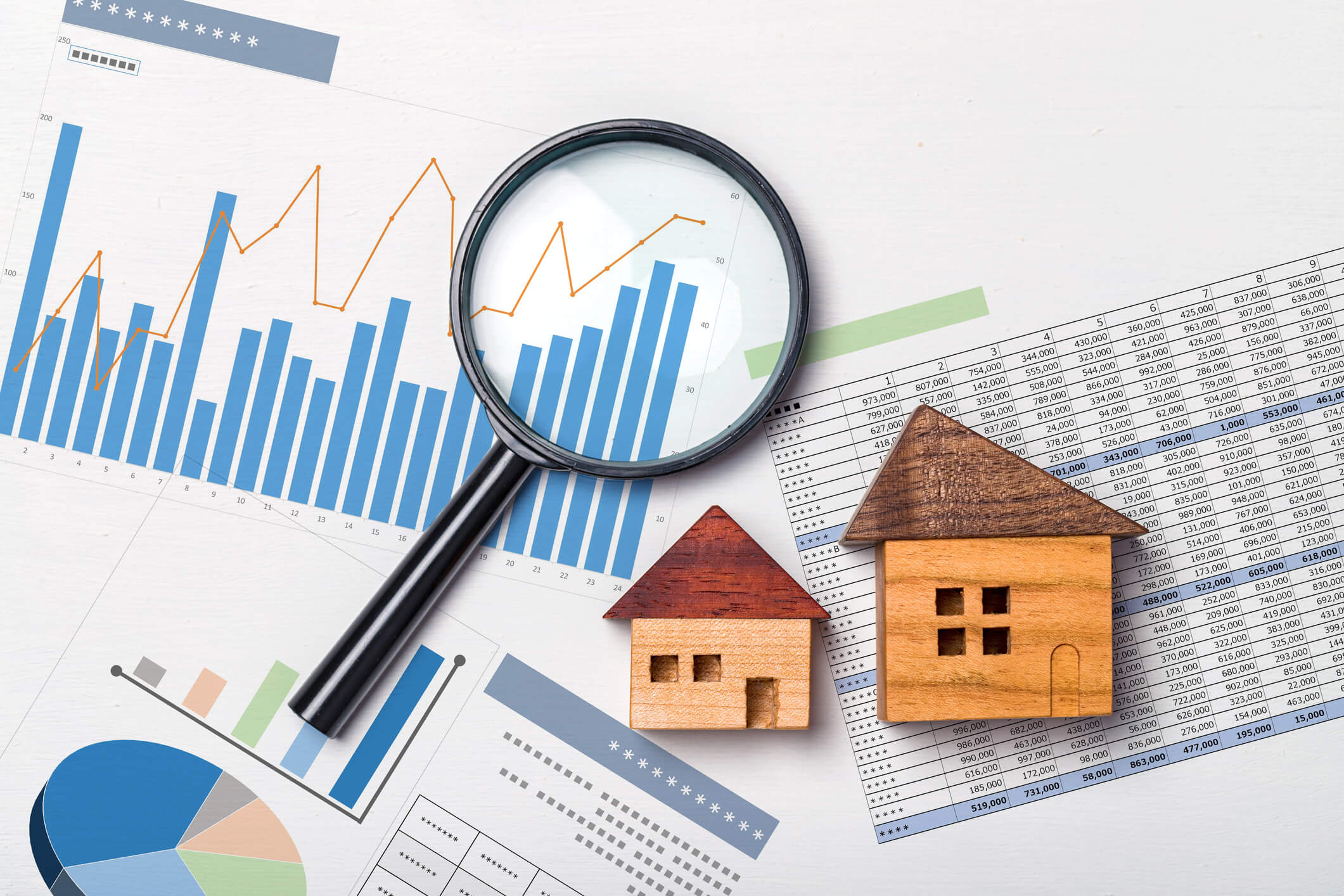To achieve complete sustainability development in the real estate industry, there is a need to distribute the natural capital that provides equitable solutions. Natural resources that are used in real estate can be categorized as either renewable or non-renewable. Renewable resources include woods, and non-renewable resources can include soil quality. As renewable resources can be generated easily, the focus should be given towards non-renewable resources for their sustainability. Ecosystem-related services like forestation and smart and efficient resource allocation will contribute positively to sustainability development.

Three elements are to be focused on for the sustainability concept to be promoted. The basic elements of economic elements, environmental elements, and social elements form the “Triple Bottom Line (TBL)” concept. Concerning the development in urban areas, the concept of sustainable development is highlighted by focusing on these three TBL elements. There are standard frameworks suggested by many authors, which are relevant to sustainable development. All frameworks reflect strategies that can be monitored and followed as a part of sustainable development. Every strategy is viewed from different perspectives, including the economy’s overall growth, social justice, economic prospect, income impartiality, and protection of the environment.
Though there are some strategies, there is still a need for an experimental study regarding the context of these strategies to be implemented in developed countries’ industries. The requirement of achieving the sustainable development goals must be identified by the real estate business based on the content of current policies and the necessary conditions to make use of resources more efficiently. Developed countries have made sustainability a part of their development policies and are promoting strategies that encourage growth and development of the economy while simultaneously assuring the communities’ current and future needs are met.

The Triple Bottom Line elements are linked strongly as they meet all the challenges regarding sustainable development. There is a need to understand in detail the inter-linked relation of all three elements. Theorists proposed a partial integration since challenges exist regarding boundary lines of shear zones of the three TBL elements. At the cut-off points of the three elements, there is a problem relevant to achieving social and environmental justice. The reason behind the environmental burden is an uneven distribution of the population.
Real estate investments utilize additional energy more than any other industry of the economy. Thus, the real estate business is a contributor to CO2 emission. Measuring radiations is complicated, but according to reports, estimation shows that real estate businesses contribute to the emission of CO2. Real estate uses up around 40% of global energy per year. Globally, 20% of greenhouse gases (GHG) emitted are from buildings and factories. The expected rise in CO2 emission by 2030 is 56%. By 2030, the expected rise in the global GHG emission is 7%. The raw materials used by buildings and construction are around 40%, making 3 billion tons per year. Construction also significantly impacts environmental factors; for instance, there is an expected utilization of 12% fresh water and 30% generation of total waste by 2030.

Eco-Efficiency is the term used by the business industry to define a typical approach of businesses towards sustainable development. All other approaches include the efficient use of energy, water, and resources to sustain and save. Socio-Efficiency can either positively or negatively impact an area because of accidents in the work-related environment or by the violation of workers’ rights. Reduction in Ecological degradation is necessary when the focus is on efficiently using resources for sustainable development. It is all termed as eco-efficient or eco-efficiency. For example, in transportation, there should be the use of fuel-efficient cars. The more a fuel-efficient car is used, the more demand for more cars on the road saves environmental pollution and fuel resources. Thus, Eco-Effectiveness is vital because it is focused on the absolute levels such as a reduction in total carbon dioxide emission. Sufficiency is a term that is defined as a situation when individuals make a choice not to promote unnecessary degradation in the environment. For instance, one can buy a luxury car, but the individual prefers to buy a car with low fuel consumption to promote sustainable development.
 About Complete Controller® – America’s Bookkeeping Experts Complete Controller is the Nation’s Leader in virtual bookkeeping, providing service to businesses and households alike. Utilizing Complete Controller’s technology, clients gain access to a cloud-hosted desktop where their entire team and tax accountant may access the QuickBooks™️ file, critical financial documents, and back-office tools in an efficient and secure environment. Complete Controller’s team of certified US-based accounting professionals provide bookkeeping, record storage, performance reporting, and controller services including training, cash-flow management, budgeting and forecasting, process and controls advisement, and bill-pay. With flat-rate service plans, Complete Controller is the most cost-effective expert accounting solution for business, family-office, trusts, and households of any size or complexity.
About Complete Controller® – America’s Bookkeeping Experts Complete Controller is the Nation’s Leader in virtual bookkeeping, providing service to businesses and households alike. Utilizing Complete Controller’s technology, clients gain access to a cloud-hosted desktop where their entire team and tax accountant may access the QuickBooks™️ file, critical financial documents, and back-office tools in an efficient and secure environment. Complete Controller’s team of certified US-based accounting professionals provide bookkeeping, record storage, performance reporting, and controller services including training, cash-flow management, budgeting and forecasting, process and controls advisement, and bill-pay. With flat-rate service plans, Complete Controller is the most cost-effective expert accounting solution for business, family-office, trusts, and households of any size or complexity.




